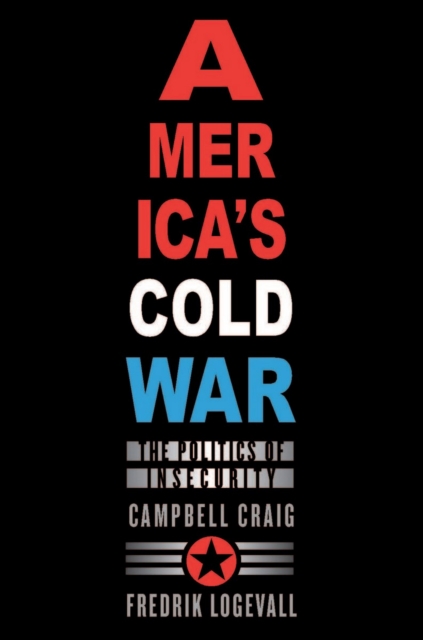
America's Cold War : The Politics of Insecurity PDF
by Craig Campbell Craig, Logevall Fredrik Logevall
Description
The Cold War dominated world affairs during the half century following World War II. It ended in victory for the United States, yet it was a costly triumph, claiming trillions of dollars in defense spending and the lives of nearly 100,000 U.S. soldiers. Apocalyptic anti-communism sharply limited the range of acceptable political debate, while American actions overseas led to the death of millions of innocent civilians and destabilized dozens of nations that posed no threat to the United States.
In a brilliant new interpretation, Campbell Craig and Fredrik Logevall reexamine the successes and failures of America's Cold War. The United States dealt effectively with the threats of Soviet predominance in Europe and of nuclear war in the early years of the conflict. But in engineering this policy, American leaders successfully paved the way for domestic actors and institutions with a vested interest in the struggle's continuation. Long after the U.S.S.R. had been effectively contained, Washington continued to wage a virulent Cold War that entailed a massive arms buildup, wars in Korea and Vietnam, the support of repressive regimes and counterinsurgencies, and a pronounced militarization of American political culture.
American foreign policy after 1945 was never simply a response to communist power or a crusade contrived solely by domestic interests. It was always an amalgamation of both. This provocative book lays bare the emergence of a political tradition in Washington that feeds on external dangers, real or imagined, a mindset that inflames U.S. foreign policy to this day.
Information
-
Download - Immediately Available
- Format:PDF
- Pages:448 pages
- Publisher:Harvard University Press
- Publication Date:30/10/2009
- Category:
- ISBN:9780674053670
Other Formats
- EPUB from £19.20
Information
-
Download - Immediately Available
- Format:PDF
- Pages:448 pages
- Publisher:Harvard University Press
- Publication Date:30/10/2009
- Category:
- ISBN:9780674053670






